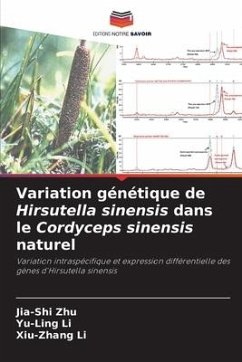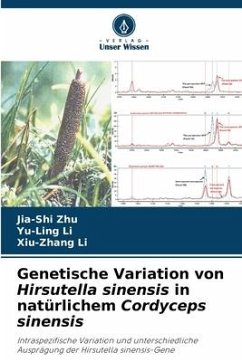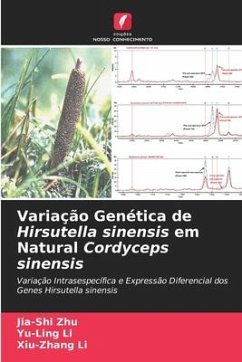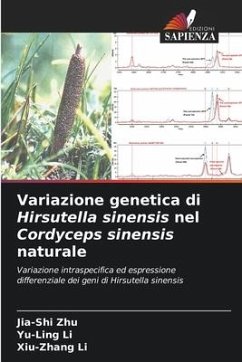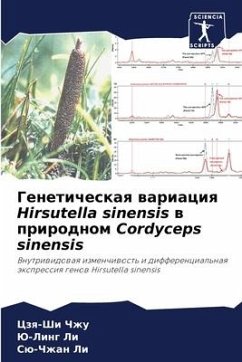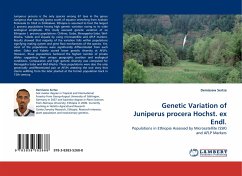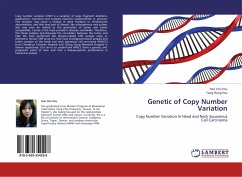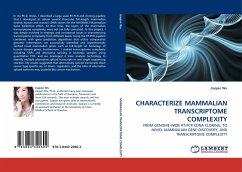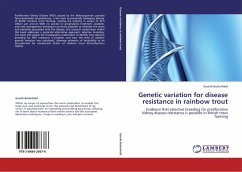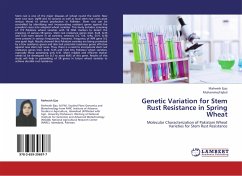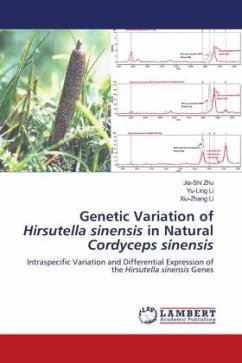
Genetic Variation of Hirsutella sinensis in Natural Cordyceps sinensis
Intraspecific Variation and Differential Expression of the Hirsutella sinensis Genes
Versandkostenfrei!
Versandfertig in 6-10 Tagen
25,99 €
inkl. MwSt.

PAYBACK Punkte
13 °P sammeln!
Natural Cordyceps sinensis is a precious therapeutic agent in traditional Chinese medicine with a rich history of clinical use for health maintenance, disease amelioration, post-disease/surgery recovery, and antiaging therapy. Studies have demonstrated its genetic heterogeneity with at least 17 genotypes of Ophiocordyceps sinensis, but many studies forcused on Genotype #1 Hirsutella sinensis, an anamorph of O. sinensis. This book describes intraspecific variation and differential expression of many H. sinensis genes at the genome and transcriptome levels among H. sinensis strains. The results ...
Natural Cordyceps sinensis is a precious therapeutic agent in traditional Chinese medicine with a rich history of clinical use for health maintenance, disease amelioration, post-disease/surgery recovery, and antiaging therapy. Studies have demonstrated its genetic heterogeneity with at least 17 genotypes of Ophiocordyceps sinensis, but many studies forcused on Genotype #1 Hirsutella sinensis, an anamorph of O. sinensis. This book describes intraspecific variation and differential expression of many H. sinensis genes at the genome and transcriptome levels among H. sinensis strains. The results may serve as a precaution for differences in chemical constituents, proteome, and pharmacology between natural C. sinensis and H. sinensis-fermented products and possible alterations in the safety profiles of the fermented products after arbitrarily exchanging H. sinensis strains for academic and industrial uses. Inconsistent cooccurrence and alternative transcriptions of mating-type genes in numerous H. sinensis strains indicate physiologically heterothallic mating or fungal hybridization for the O. sinensis sexual reproduction in the lifecycle of natural C. sinensis.



